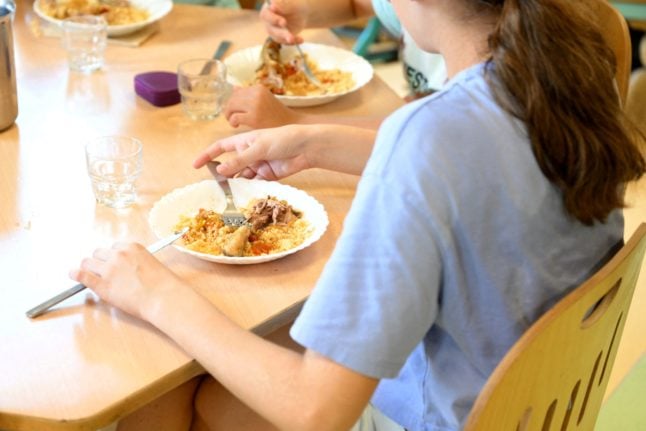Let’s begin with some good news – “We’re not in a disaster movie”, according to government spokesperson Olivier Véran. Good to know.
Véran was speaking as the French government asks local authorities to prepare emergency plans in what it insists is the unlikely event of power cuts this winter, we take a look at how likely this scenario really is.
‘We’re not in a disaster movie’ – How likely are blackouts in France this winter?
Local authorities must still work on an emergency plan, however, that lays out in detail how planned power outages would happen in France, and which services would be affected.
Schools, trains and hospitals: How France will handle possible electricity blackouts this winter
Linked to that, the French government has encouraged people to use ‘Ecowatt’ – accessible both as a website and mobile application to keep track of energy use this winter, in an attempt to stave off shortages and possible power cuts. Here’s how it works and how can you sign-up.
‘Ecowatt’: How to use France’s new energy forecasting website and app
At The Local, we’re often asked the driving licence question: do we need to change our licence for a French one?
If you’re living here you may eventually need to swap your licence – but how long you have to make the swap and exactly how you do it depends on where your licence was issued. Here’s the low-down.
Reader question: Do I have to swap my driving licence in France?
Christmas is coming – and that means feasts. But if you’re expecting figgy pudding and mince pies in France, you’re likely to be disappointed. That said, and in a bid to tempt you into something different, the home of gastronomy has some wonderful festive food traditions of its own. French food blogger Florence Richomme explains more.
The 12 dishes that make up a classic French Christmas feast
An administrative one to sign off with this week. British adults who were living in France before the end of 2020 should all now have residency cards, but for families the situation is slightly different – here’s how to secure legal residency status for your children.
Brexit: How Brits in France can secure residency rights for their children



 Please whitelist us to continue reading.
Please whitelist us to continue reading.
Member comments